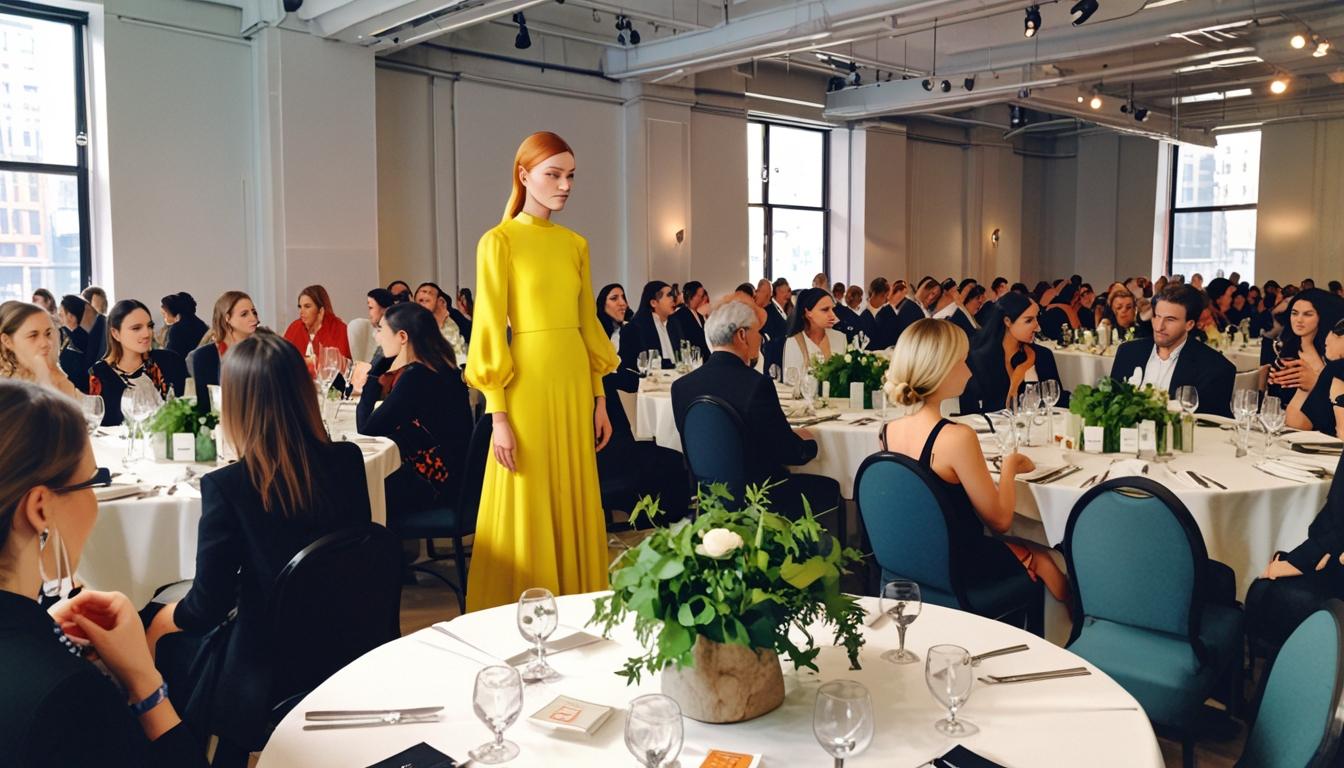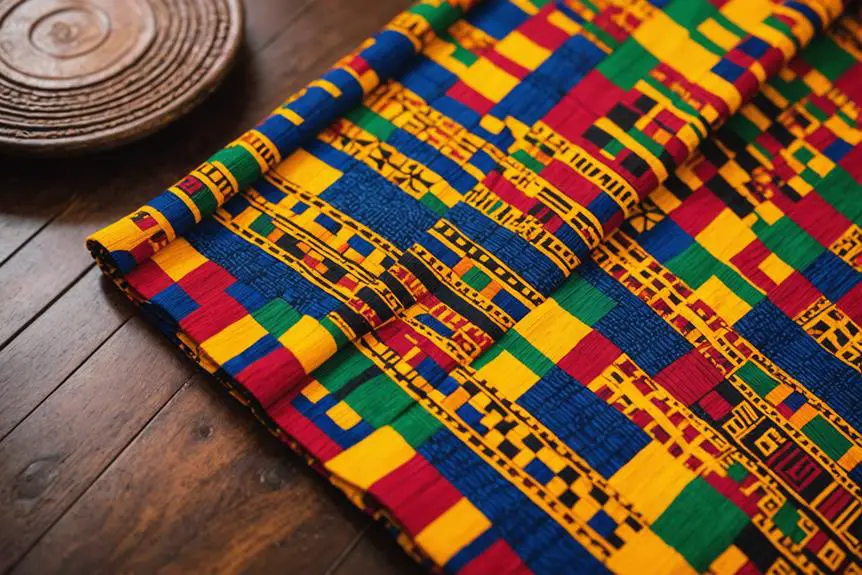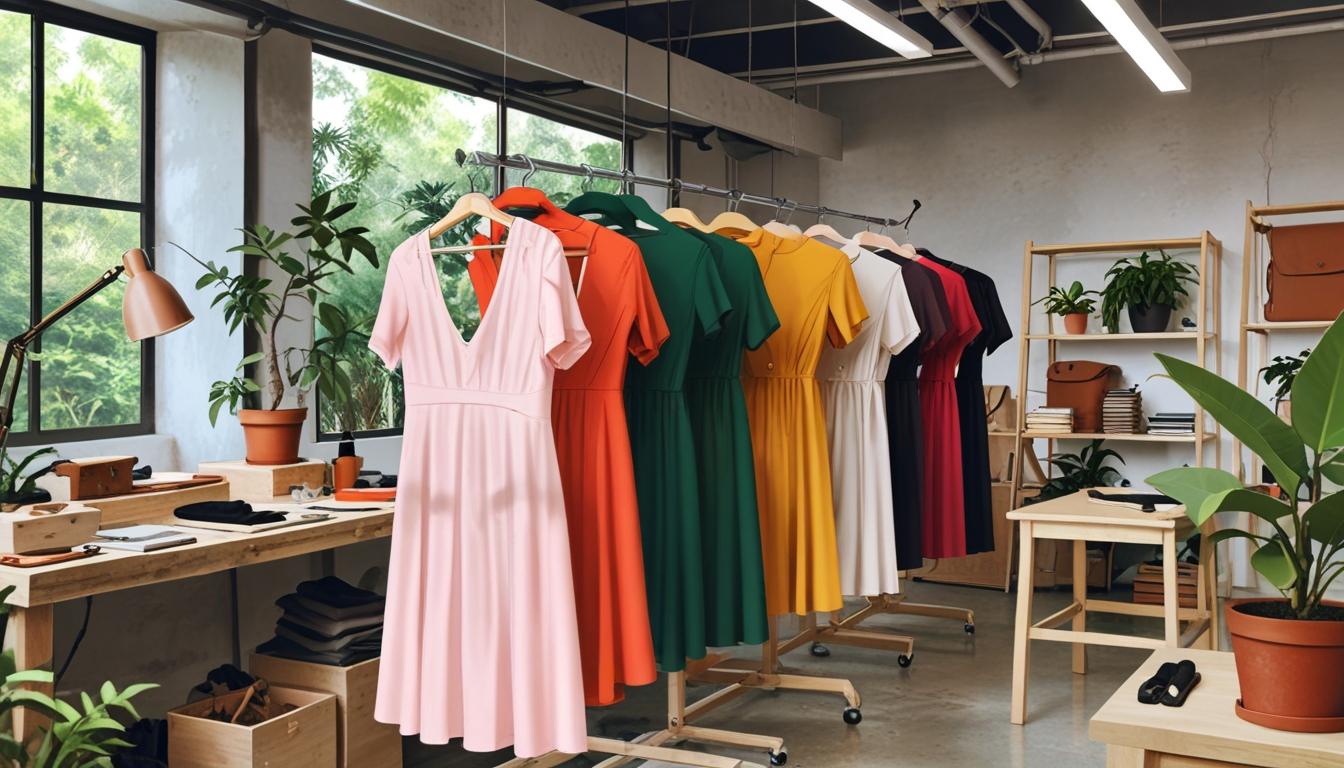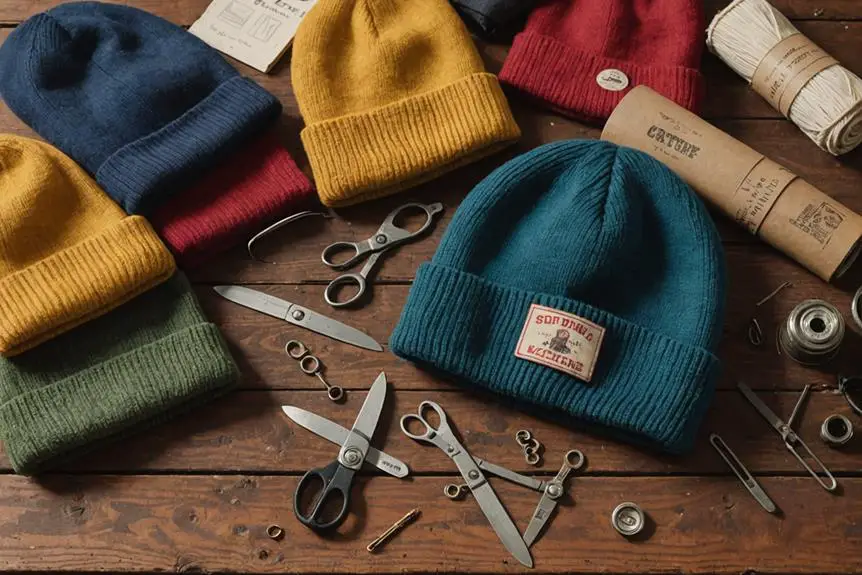AirRobe, the digital wardrobe platform, relocates to NYC, seeking to enhance its impact in sustainable fashion through innovative Circular Wardrobe Technology and partnerships.
AirRobe, a pioneering digital wardrobe platform, is shifting its U.S. operations to New York City as it seeks to enhance its presence in the sustainable fashion sector. Founded in Australia by CEO Hannon Comazzetto in 2020, AirRobe specializes in Circular Wardrobe Technology, which enables brands and consumers to keep garments in circulation through resale, rental, or recycling, thus aiming to reduce landfill waste.
The company held a luncheon in Manhattan in collaboration with Fashionkind, a curated luxury retailer co-founded by actress Sophia Bush and entrepreneur Nina Farran, marking its introduction to the American market. Comazzetto emphasized the company’s mission, stating that “New York is such a dynamic place for fashion and technology; it’s thrilling to immerse ourselves in that energy and build closer relationships with our partners.” The event was also hosted by Laura Brown, the former editor-in-chief of InStyle, who serves as AirRobe’s fashion advisor.
AirRobe’s platform facilitates a seamless integration into e-commerce, allowing customers to access their digital wardrobe during the checkout process. For example, when a customer adds a Juan De Dios swimsuit to their cart on the Fashionkind website, they are prompted with an option to see the garment’s resale value. This integration provides a user-friendly experience, enabling individuals to catalog their purchases and resell, rent, or donate items with ease.
To date, AirRobe collaborates with over 100 global brands, streamlining the resale of pre-owned garments without compromising brand integrity. As Comazzetto elaborated, “Our solution integrates seamlessly with each brand’s customer experience, enabling clients to add items to their own AirRobe Digital Wardrobe.” This capability is intended to not only enhance the shopping experience but also educate consumers about the longevity and resale potential of their purchases, thereby fostering a more sustainable approach to fashion consumption.
Brown highlighted the significance of this shift, noting that the increasing awareness among consumers is motivating fashion brands to adapt. “For too long, fashion has been based on the thrill of the ‘new,’ but that’s become very old-fashioned,” she commented, advocating for a future where resale is commonplace in the shopping experience.
As AirRobe establishes its roots in New York, it also aims to collaborate with an array of partners who prioritize sustainable practices, from boutique labels focusing on made-to-order designs to heritage brands willing to evolve. As Comazzetto explained, “We partner with many leaders in thoughtful production and mindful consumption… to foster a culture of sustainability in fashion.”
In addition to its New York headquarters, AirRobe maintains teams across San Francisco, Paris, and Sydney. The company continues to facilitate innovative practices in the fashion sector, collaborating with technology providers to trace product origins and enhance the lifecycle of garments.
The company’s CEO acknowledged potential challenges of entering the U.S. market amid economic factors like tariffs. However, she expressed confidence in AirRobe’s ability to integrate its technology without being significantly impacted by these constraints. Recent data from brand partners indicated that integrating AirRobe’s services correlates with a notable increase in customer purchasing behavior—reporting a 13% increase in average basket sizes and a 1.9-fold improvement in customer lifetime value.
These outcomes suggest that customers who perceive a viable resale avenue are more inclined to invest in higher-value pieces, reinforcing brand loyalty in an evolving retail landscape focused increasingly on sustainability.
Source: Noah Wire Services





[url=https://canadapharmacy-usa.net/drug/panmycin/]panmycin online[/url]
buy ampicillin without prescription